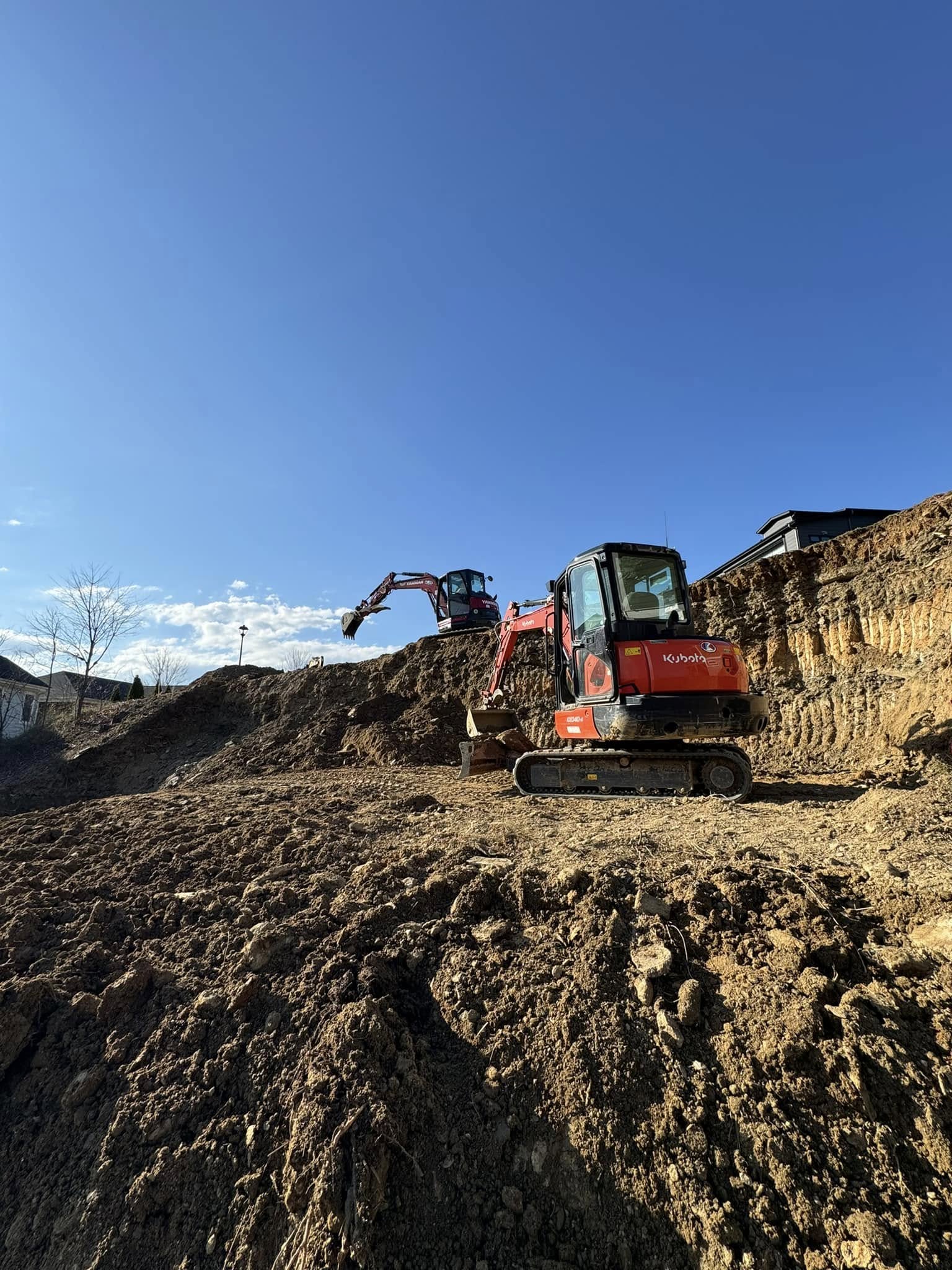
HD Grading's Role in Sustainable Site Development for New Construction Nov 03, 2025
Sustainable site development begins with proper land grading and preparation. HD Grading excels in this area by employing state-of-the-art technology and techniques that minimize environmental impact. By carefully analyzing the land before construction, they ensure the groundwork is laid efficiently, helping reduce soil erosion, improve water drainage, and support healthier ecosystems. This precision not only enhances the durability of the construction but also protects the surrounding environment.
One of the primary aspects of sustainable site development is effective stormwater management. HD Grading understands that mismanaged stormwater can lead to serious ecological consequences, from flooding to pollution of local waterways. By implementing advanced designs for infiltration basins, rain gardens, and permeable surfaces, they ensure that stormwater is absorbed and redirected responsibly. This method protects both the construction site and the nearby wildlife while complying with environmental regulations.
HD Grading also prioritizes the use of eco-friendly materials and processes during site development. By selecting materials that are not only durable but also sustainable, they contribute to reducing the carbon footprint of construction projects. Recycling and reusing materials on-site is another strategy they adopt to minimize waste and energy consumption. These practices highlight HD Grading's commitment to not just current building needs but future environmental health.
Vegetation and landscape management play a pivotal role in sustainable site development. HD Grading incorporates native plants into their landscaping plans, creating a harmonious blend with the local ecosystem. Native plants are advantageous because they require less water, are more resilient to local pests, and enhance biodiversity. This thoughtful approach supports wildlife and helps in maintaining indigenous plant populations, bolstering the ecological balance.
Moreover, as part of their sustainable strategies, HD Grading endorses the integration of green spaces in new construction designs. These spaces offer more than just aesthetic benefits; they serve as natural air filters, improve mental health, and increase property values. By planning and developing multifunctional landscapes, HD Grading adds significant value to construction projects while promoting environmental consciousness.
Another vital component of sustainable site development is energy efficiency. HD Grading works towards reducing energy consumption from the outset of a project by optimizing site orientation and layout. This consideration ensures that the buildings utilize natural resources effectively, such as sunlight and wind, for heating, cooling, and lighting. Efficient resource use in the initial stages can lead to reduced operational energy demands, ultimately resulting in cost savings for building owners.
As more industries and communities shift towards sustainability, HD Grading stands out by exemplifying innovative and responsible site development practices. Their comprehensive approach not only meets the immediate needs of construction projects but also advocates for a healthier, more sustainable future. By choosing HD Grading, developers can be confident in their commitment to creating resilient, eco-friendly developments that benefit both humans and the environment.
In conclusion, HD Grading's role in sustainable site development is crucial for the progression towards greener new construction projects. By focusing on eco-friendly grading techniques, effective stormwater management, and the integration of natural landscapes, they significantly reduce environmental impact while enhancing project quality. As sustainability continues to be a key priority in construction, companies like HD Grading are vital in leading the charge towards a more responsible, sustainable industry.
/filters:no_upscale()/media/75b0e241-6f84-4068-89ac-6fbdc1d52460.jpeg)
/filters:no_upscale()/filters:format(webp)/media/c9c78a6e-a282-4c6f-b9e3-9e1b4931cdc1.jpeg)